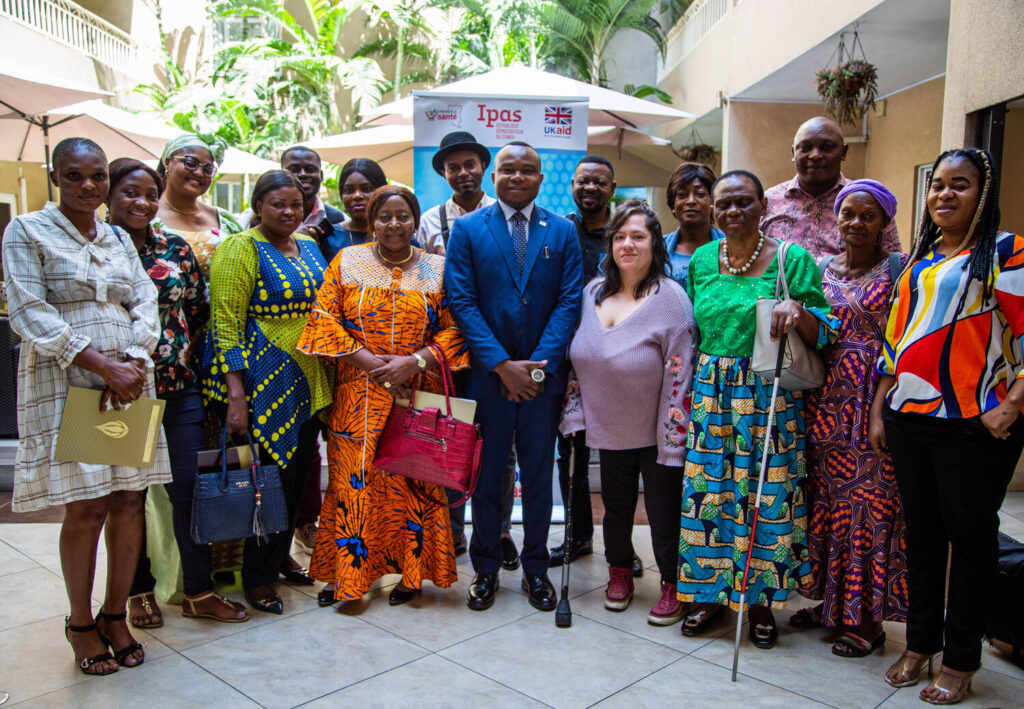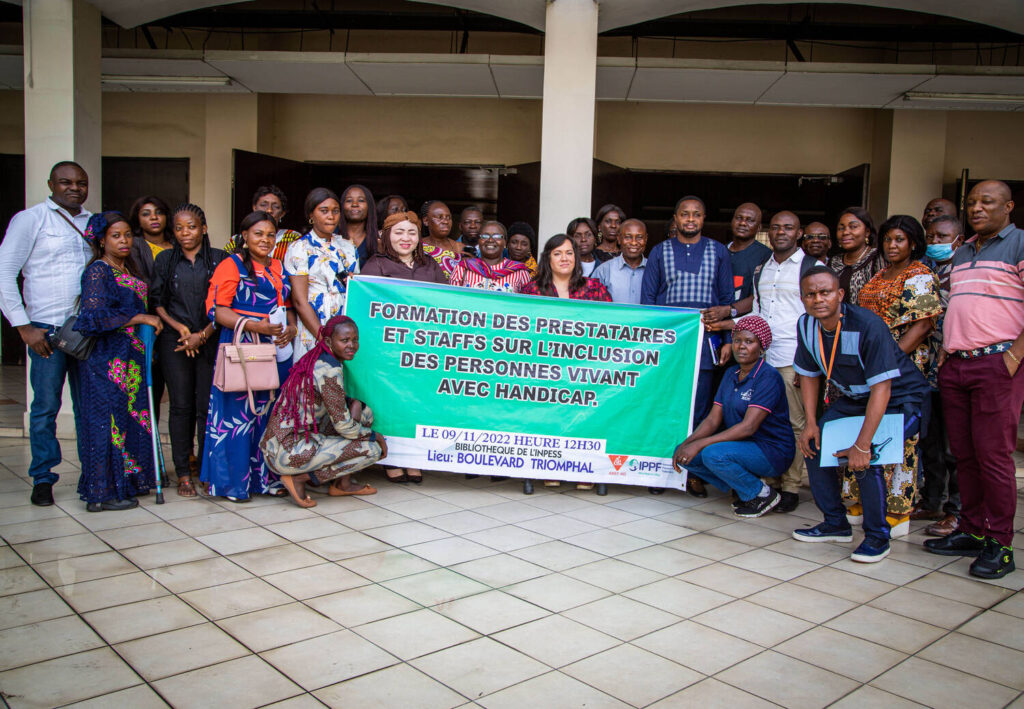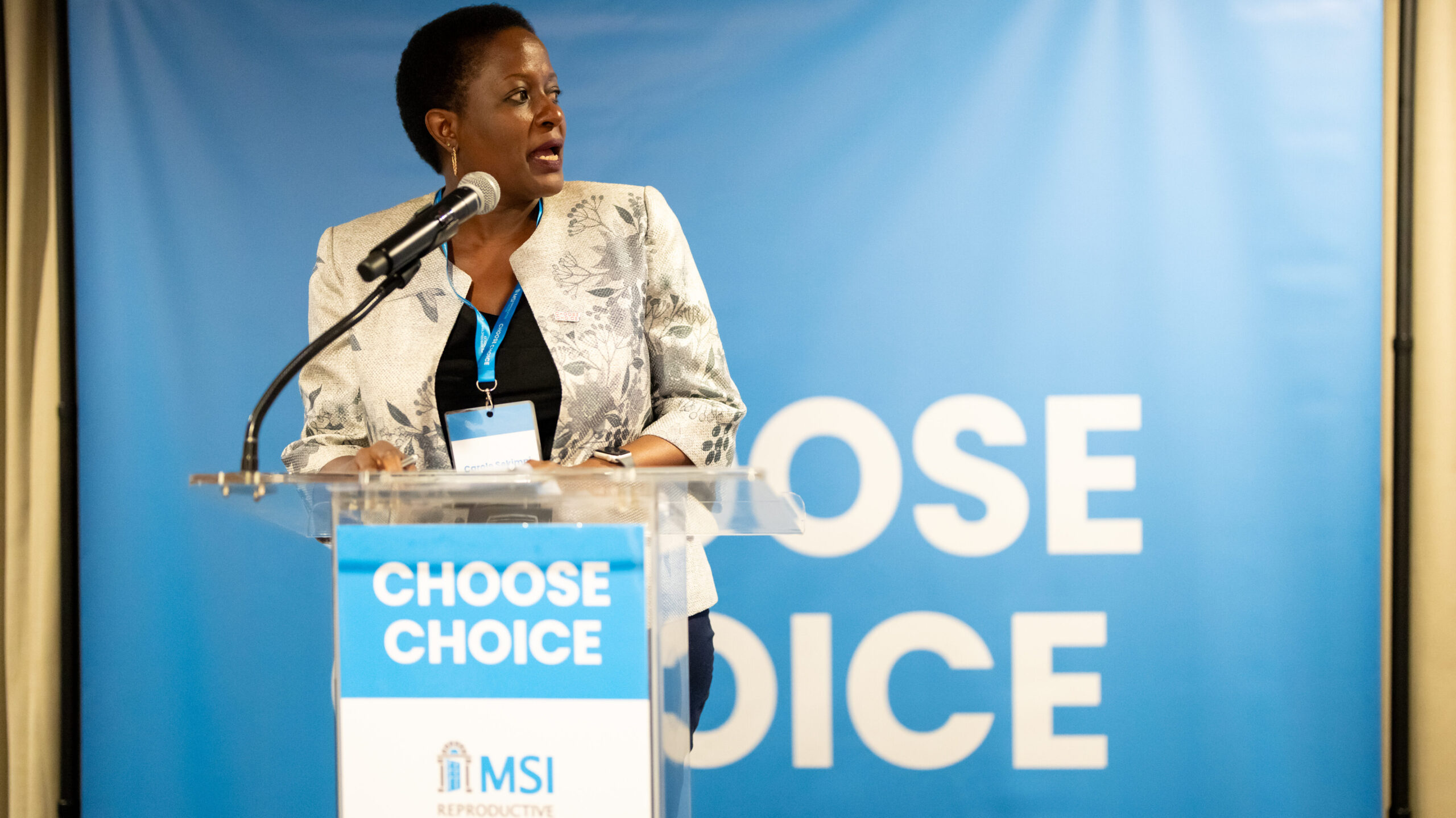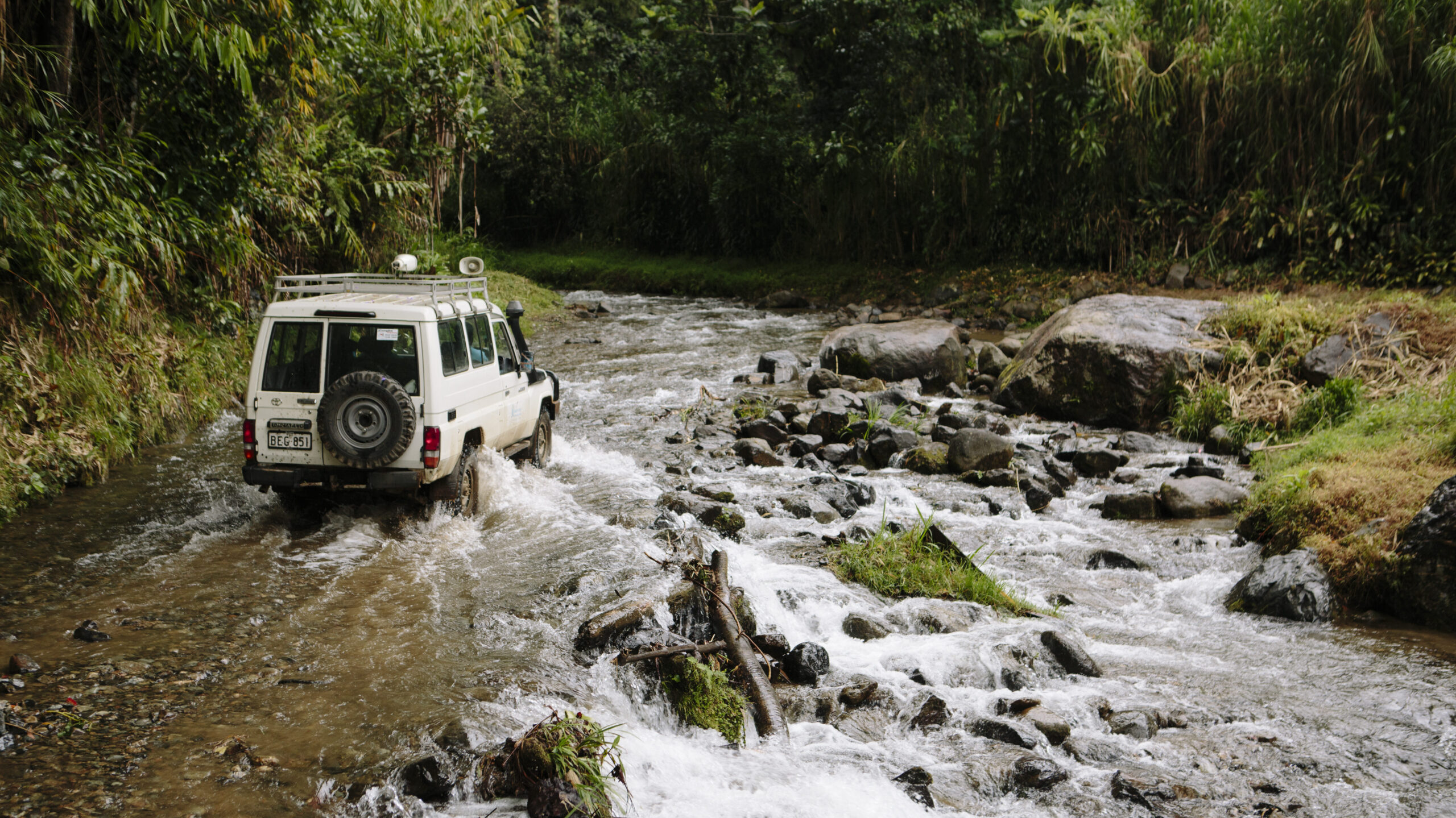As part of the UK’s ‘WISH’ programme, MSI and our partners delivered inclusive, high-quality reproductive healthcare to millions of women and girls, with a focus on reaching marginalised communities including people with disabilities.
Here’s what we did and what we learned (plus resources to share).
Why focus on people with disabilities?
People with disabilities have sex and deserve the same access to pleasure, healthcare and choices. But because they are marginalised, their agency and reproductive rights can often be denied.
When designing healthcare programmes, people with disabilities are often not included or considered so they can face insurmountable challenges to accessing clinics or the right information, and can endure discriminatory attitudes — including being outright denied care or charged more. For example, one client from Sierra Leone shared: “Free healthcare has not been a reality for people living with disabilities.” Globally, it can be extremely difficult for people with disabilities to exercise their bodily autonomy and access reproductive healthcare.
This week marks the International Day of People with Disabilities. We’re taking this opportunity to share our journey to being an inclusive provider of sexual and reproductive healthcare, as well as resources to help everyone do the same — so we can learn and do better, together.

WISH: bringing reproductive healthcare to millions
At MSI, we don’t wish upon a star. We wish upon multi-year grants and powerful cross-sector partnerships that expand reproductive choices! This came to us in the form of the UK government’s Women’s Integrated Sexual Health (WISH) programme, launched in 2018 to fund reproductive health services across 27 countries, and just now coming to a close.
When the WISH programme began in 2018, we couldn’t have predicted the global pandemic, budget fluctuations, political unrest and conflicts that would break out, but our partners and teams navigated all of this with unshakeable resilience — bringing contraception and other sexual health services to more than 11.6 million people.
MSI has been proud to lead the programme delivery in twelve West and Central African countries. A cornerstone of the programme was a commitment to reach the most marginalised communities who face the most challenges in accessing reproductive healthcare. So it was crucial to have targeted initiatives to reach groups including people with disabilities, backed by ring-fenced budgets. This enabled us to reach more people with disabilities with life-changing reproductive choice — from 2.5% of our clients at the start of the programme to 5% now — and we’re incredibly proud of that.
Key approaches to delivering disability-inclusive healthcare
Tasked with turning the theory of disability-inclusive reproductive healthcare into delivery at scale, we knew what our first step had to be: including people with disabilities from the get-go. Our main partners in this work have been the disability-focused organisations Leonard Cheshire and Sightsavers, and we also built relationships with local organisations of people with disabilities (OPDs) in each country.
These organisations are leading the way. They helped us understand what was involved in delivering truly inclusive sexual and reproductive healthcare services and ensured three principles underpinned our approach: non-discrimination, meaningful engagement, and accessibility. Together we designed and implemented tailored care, and started measuring the experiences of our clients with disabilities.
But without an environment that supports and respects the sexual health, agency and informed consent of people with disabilities, our healthcare offering would be in vain. Therefore, a big part of our work was in challenging the stigma and biases associated with both disability and reproductive healthcare.
In hundreds of communities, from Mali to Sierra Leone, we facilitated community dialogue to help smash stigma. And a new disability inclusion-focused values clarification and attitudes transformation training (VCAT), developed jointly by Ipas and Leonard Cheshire, helped hundreds of healthcare providers to uncover any of their own underlying biases and ensure their services are non-discriminatory and respectful.
Concurrently, we worked with national governments on new policies that drive wide-scale change. At this level we advocated to ensure people with disabilities were included in health strategies, budgets, and national insurance schemes — their inclusion in national decisions means we can break down systemic barriers. We made several huge wins in this space, for example in Niger, where their new national Family Planning Plan included the specific sexual and reproductive health needs of people with disabilities for the first time.
Learnings & resources to fuel a more accessible and equitable world
Delivering inclusive healthcare to millions of people across countries is no easy feat, and takes strong partnerships at every level: local, regional, national, global, as well as across the private sector, public sector, and civil society.
As the programme winds down, we’re proud to present the learnings and resources that MSI and our WISH partners have developed along the way, to further a global journey to delivering disability-inclusive reproductive healthcare. Of particular note is our new report ‘Committed to Leaving No One Behind‘ which shares our journey, challenges, lessons learned and recommendations from five years of delivering WISH.
As for MSI, we will continue this work to ensure all our programmes are inclusive, with a focus on building sustainable and localised healthcare — until no one is left behind.
Resources for further learning:
- A report on the contributions of the WISH programme to increasing disability inclusive sexual and reproductive health and rights in West and Central Africa: Committed to Leaving No One Behind
- A short evidence brief from using human-centred design in Sierra Leone: Nothing about us without us: designing services for and with people with disabilities
- An orientation and values clarification toolkit: Disability inclusion in reproductive health programmes
- Kaya training: E-learning modules on disability inclusion
Thank you to the organisations of people with disabilities that shared their expertise and partnered with MSI Reproductive Choices on our disability-inclusion journey, and to all our partners in delivering the WISH programme, including FCDO, DKT, Ipas, IPPF, Options, ThinkPlace, Leonard Cheshire and Sightsavers.









